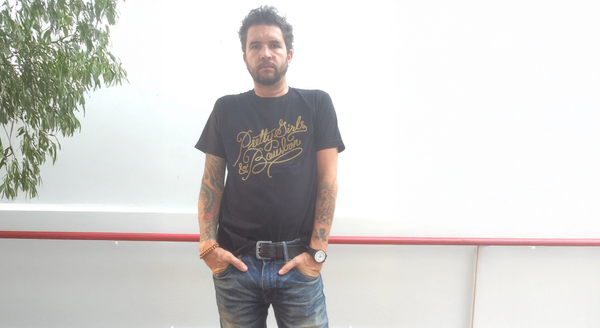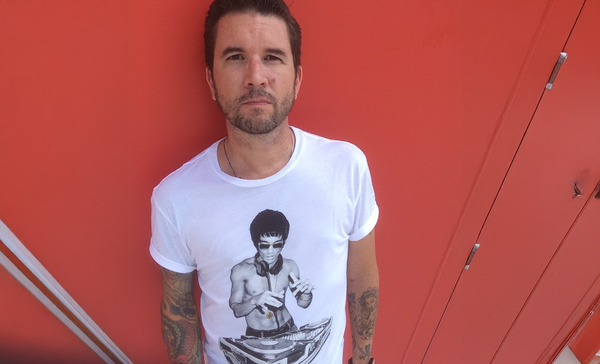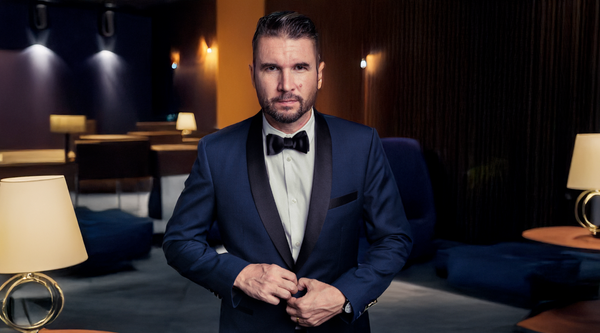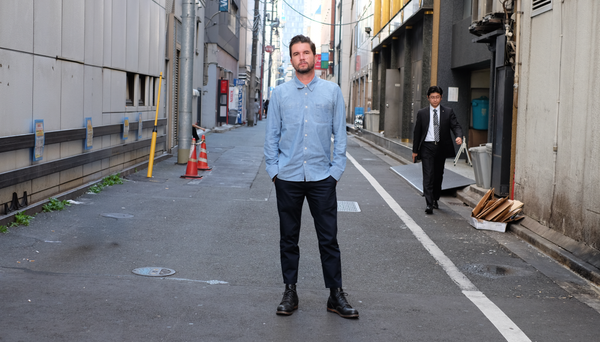“We Just Decided To”: On Rituals, Responsibility, and Rewatching The Newsroom
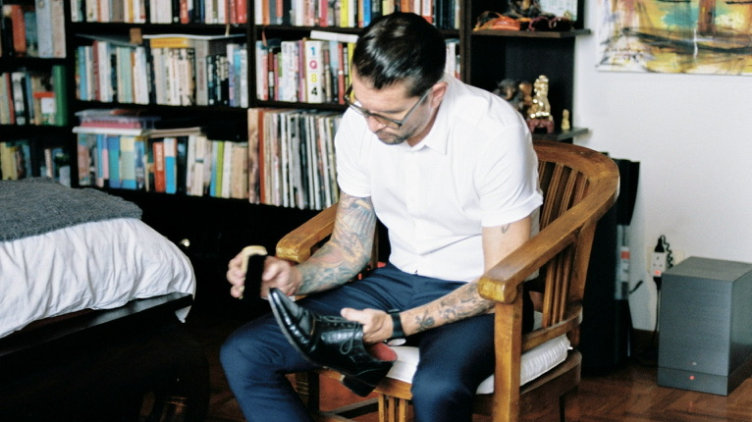
Every year, I return to the same rituals. I reread Dune. I clear out the clothes I haven’t worn, sometimes with relief, sometimes with regret. I change my shoe laces. I shave my face clean, only to remember halfway through it that I wear a short beard for a reason. I rewatch The Newsroom.
These aren’t just routines. They’re quiet acts of recalibration. A way to mark the passage of time not by what has changed in the world, but by what has changed in me.
I am currently watching Season 1, Episode 7 of The Newsroom, and it feels, well, different.
It always had its idealistic pulse - Aaron Sorkin’s trademark staccato cadence of hope wrapped in eloquent urgency. But this time, one line in particular stuck with me. A line I’d heard before, but never really heard. Or maybe felt.
“We just decided to.”
It’s from the first episode, as the newsroom staff regroups after a chaotic broadcast, trying to figure out who they are and what they want to stand for. In one of the pilot’s most quietly powerful moments, Charlie Skinner, the battle-scarred, idealistic news division president, tells Will: “In the old days of about 10 minutes ago, we did the news well. You know how? We just decided to.”
Not because the market demanded it. Not because it was safe. But because it was right. And that, more than anything, feels like the decision we keep forgetting we are allowed, and required, to make.
Three words. No dramatic overture. No strategic plan. Just a decision. A choice. A moment of clarity.
And in that moment, the entire direction of the newsroom and the show shifts.
Ritual as Reawakening
That line hit differently this year. Maybe it’s the political climate. Maybe it’s the state of the media, fractured into echo chambers and AI-synthesized sludge. Perhaps I’ve spent the past year thinking deeply about what it means to make conscious decisions in a world that is rather confusing at the moment. Maybe I am just getting old.
That’s the power of ritual. You return to the same thing, expecting comfort or familiarity; instead, you find reflection. You don’t just reread the book. You reread yourself. You don’t just rewatch the show. You reencounter your beliefs.
This is why I cling to these annual rhythms. They aren’t just nostalgic. They’re diagnostic. They help me track what I value. What still holds. What no longer serves. And sometimes, like this year, they offer a spark I didn’t expect: a reminder that in the face of complexity, confusion, or cynicism…
You can just decide to try. To care. To act.
My Love Affair with Journalists
When I was young, I thought about being a journalist, but I also considered being a barber, a chef, or maybe an architect. I even thought about how cool it would be to be a play-by-play announcer on the radio. When I was little, I used to listen to the San Francisco Giants Baseball games on KGO Radio 81. I became familiar with the voices and words of journalists like Jim Dunbar, Owen Spann and Ted Wygant.
Those early voices taught me that words could build worlds, and that journalism, at its best, wasn’t just about reporting the news. It was about helping people make sense of it.
As I grew older, my circle of influence expanded.
In my adolescence, I discovered Walter Cronkite's commanding authority, Tom Brokaw's earnest steadiness, and Dan Rather's hard-charging energy. Barbara Walters taught me that tough questions could be asked with grace. Ed Bradley showed me that journalism could have soul. Mike Wallace and 60 Minutes made investigative journalism feel like a necessary public service, not just entertainment.
At the same time, my love for written journalism was blooming. In ’83 I moved to Manhattan, where I devoured The New York Times, Esquire, and Vanity Fair. Writers like Tom Wolfe, Jimmy Breslin, and Joan Didion. I dreamed of a dimly lit dinner at Rao’s with Dominick Dunne, sitting in the back, near the kitchen, and David Remnick would come over and share a carafe of Chianti.
Through every era of my life, journalism has been more than just an information service. It has been a mirror, a compass, and sometimes a call to action.
And every year, as part of my personal rituals, I revisit these relationships, not just by reading or rewatching, but by reflecting on what good journalism demands from both the storyteller and the listener. To pay attention. To stay curious. To give a damn.
Journalism and the Fight for Truth
The Newsroom was always a dramatization of idealistic journalism, but it was also a love letter to the idea of standards. Facts. Courage. Editorial spine. Watching it now, it feels less like fiction and more like a cautionary tale about what we stand to lose when we confuse neutrality with objectivity, or traffic with truth.
When Charlie says “We just decided to,” it’s not a defense. It’s a declaration. A newsroom doesn’t wait for permission to matter. It chooses to matter. In a world of clickbait, misinformation, and performative outrage, that kind of agency feels radical.
And it’s not just about journalism.
It’s about leadership. Citizenship. Parenthood. Art. Technology. It’s about anyone choosing to show up with integrity in a world that seems, at least lately, to reward its opposite.
What Will You Decide To Do?
The older I get, the more I understand that rituals aren’t there to protect us from change. They’re there to prepare us for it. They give us a rhythm, a heartbeat, so we can hear, more clearly, when something starts to feel different.
This year, The Newsroom reminded me of something I didn’t know I needed to remember: Even in chaos, we still get to choose. Our power doesn’t lie in predicting what comes next. It lies in deciding how we will meet it.
So here’s what I’m carrying forward:
I don’t need perfect plans.
I don’t need certainty.
I just need the conviction to act.
To say: this matters.
And then, to commit.
Because we just decided to.
